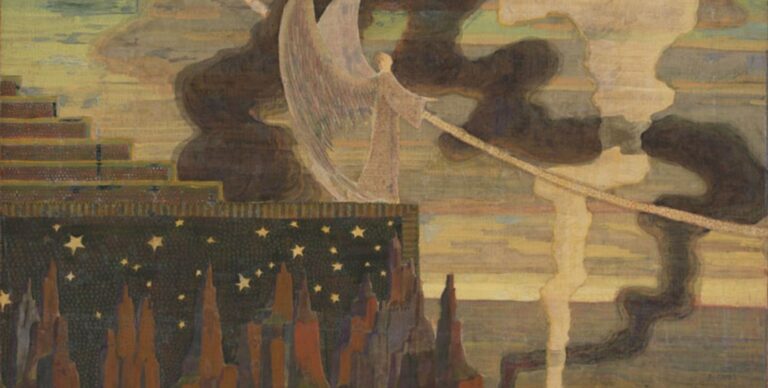Marietta Robusti known as “the Tintoretta”
Venice, approx. 1554 – Venice, 1590
Marietta Robusti had one problem in life: being born to a famous father. In an age where emerging as a female artist was almost as difficult as today, she would live her life under his shadow and eventually became known as “the Tintoretta”.
Marietta was born outside and prior to the painter’s marriage, allegedly from a liaison with a German woman he was very much in love with. We know very little of her mother, of her childhood and we even ignore her exact date of birth: all we know is that she and her brother Domenico were working in their father’s atelier and assisting him with the many commissioned portraits. They were so efficient that, according to a family friend, they were able to finish a portrait of Doge Girolamo Priuli in around half a hour (they had already prepared lots of the work, foreseeing the arrival of this commission).
News of Marietta come primarily from two sources: a 1584 treaty by Raffaello Borghini titled Il riposo (The Rest), and the biography of her father penned by Carlo Ridolfi in 1642. According to the latter, Marietta was fair and gracious, could play the lute exceedingly well and was a highly accomplished painter.
We have no way of knowing the extent of her contribution to her father’s works, but we know at least of two works she finished alone: the portrait of Ottavio Strada, an antiquarian at the court of Emperor Maximilian II, and a self-portrait the Emperor himself was very fond of. Another audacious self-portrait in the Venetian style is currently preserved at the Prado Museum.

Marietta Robusti, Portrait of Ottavio Prada. The antiquarian is receiving stuff straight from Heaven.
Her specific presence was requested at court by both Philiph of Spain and Archduke Ferdinand, but he refused and married her off to some guy, so that she wouldn’t leave his side. In writing Tintoretto’s biography, Ridolfi paints this decision as that of a loving father, and not the one of a possessive asshole who didn’t want his thunder being stolen by his talented daughter. Thanks to his decision, we don’t have any certainty as to which paintings the authored. She lived the rest of her days in her father’s shadow.
She died four years before him, and one of her most famous depictions is by Romantic painters such as Guglielmo De Martino or Léon Cogniet, who imagines Tintoretto painting his daughter on her deathbed. Such a painting does not exist.







No Comments